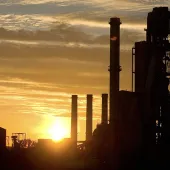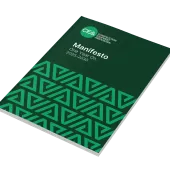Simpler explosives and acetylene regulations
New laws on working safely with explosives and compressed acetylene gas came into effect this month
TWO new sets of consolidated regulations – The Explosives Regulations 2014 (ER) and The Acetylene Safety (England and Wales and Scotland) Regulations 2014 (ASR) – came into force this month (1 October).
The revised regulations, which apply to the explosives industry and those who manufacture and store compressed acetylene gas, will help to reduce the regulatory burden on business and regulators by clarifying and simplifying requirements.
They replace the Approved Code of Practice (ACOP) for the Manufacture and Storage of Explosives Regulations 2005, a number of legislative instruments and the previous explosives guidance.
ER 2014 brings together the requirements of health and safety-related explosives legislation into a framework based around common topics such as authorization, safety, security and placing on the market.
The main changes to the regulatory framework include:
- Merging registrations into the licensing system
- Allowing local authorities to issue licences up to five years, aligning them with equivalent HSE/police-issued licences
- Extending licensing to address storage of ammonium nitrate blasting intermediate (ANBI)
- Exceptions for keeping higher hazard and desensitized explosives without a licence have been updated
- Tables of separation distances have been restructured to better allow for sites with more than one store. The tables have also been revised to cover quantities of explosives greater than 2,000kg
The ASR 2014 regulations simplify and, where appropriate, modernize legislative arrangements for compressed acetylene gas while maintaining pre-existing safety standards. The main changes include:
- There will no longer be a requirement to seek HSE approval for certain acetylene equipment (including flashback arrestors and the composition of acetylene cylinders) so long as they comply with current recognized (national/international) standards
- Anyone wishing to manufacture, compress or fill a cylinder with acetylene gas greater than 0.62 bar (g) is required to hold a licence, replacing the current complex process for gaining approval.
Consolidation of the regulations was one of the recommendations of the review of health and safety undertaken by Professor Ragnar Löfstedt.









